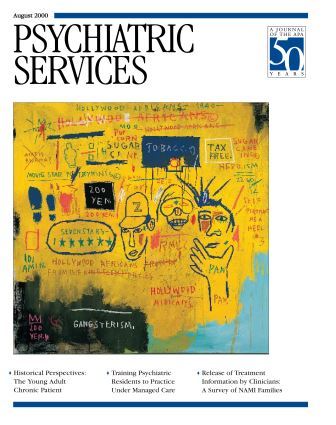Champion of Women and the Unborn: Horatio Robinson Storer, M.D.
Horatio Storer was a fascinating, complex, sharp-tongued Boston physician practicing during the last half of the 19th century who has been mostly overlooked by American medical historians. In his long medical career, he become vice-president of the American Medical Association and champion of numerous health-related causes. Dyer's extensive volume, based almost solely on primary resources ranging from Storer's voluminous letters and publications to various archival resources and family diaries, is an admirable, if limited, effort to explore Storer's contributions to America's medical community and to the controversies within it.
Throughout his career Storer charged, at times blindly, into a wide variety of significant medical controversies. His major goal was to work through the AMA to have states pass strong antiabortion legislation, a goal he succeeded in reaching by 1900.
Besides conducting this career-long crusade, Storer was a major figure in a variety of medical issues. He was one of the leaders in creating the medical specialty of gynecology, warding off criticisms from Boston's conservative medical leaders that medical specialization was a form of quackery. Storer also challenged the role of asylum superintendents, calling for medical consultations in these institutions and claiming that female insanity was caused by pelvic disorders. Storer further alienated the Boston medical establishment by defending his hero, the Scottish gynecologist James Young Simpson, who introduced chloroform, and Storer promoted chloroform as the anesthetic agent of choice instead of ether, introduced in Boston in 1846. During an era when alcohol was a major ingredient in many drugs, Storer called for alcohol's removal from all medicines. Late in his career Storer became a leader in the new public health movement.
On the strength of his activities, Storer deserves a comprehensive biography. Regrettably, this volume does not fulfill this scholarly obligation. Dyer, whose background is in experimental psychology, has done yeoman work locating a huge amount of primary documents, but he fails to provide a historical framework for the material. Most of the book reads like a series of extensive, edited quotes, many several pages long. Dyer fails to use the secondary historical studies that would have turned this volume into a readable biography.
The author raises several important issues and then fails to complete the stories. Did Storer and his colleagues save the AMA from destruction by Boston's medical elite in 1865? Did his close relationship with Harvard president Charles Elliott strongly influence Harvard's medical educational reforms in the 1870s? Was the strong hatred of Storer by many Boston physicians the reason they opposed his antiabortion crusade? These and other unanswered questions, along with the significance of Storer's varied career, demand that another scholar continue Dyer's research and produce a comprehensive biography of this remarkable man and his place in American medical history.
Dr. Erlen is assistant professor of health services administration in the Graduate School of Public Health at the University of Pittsburgh.



